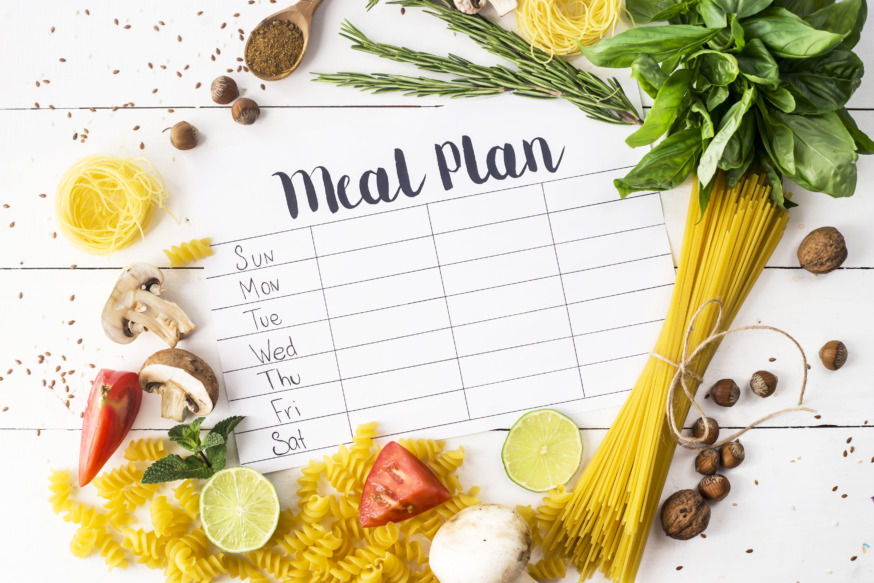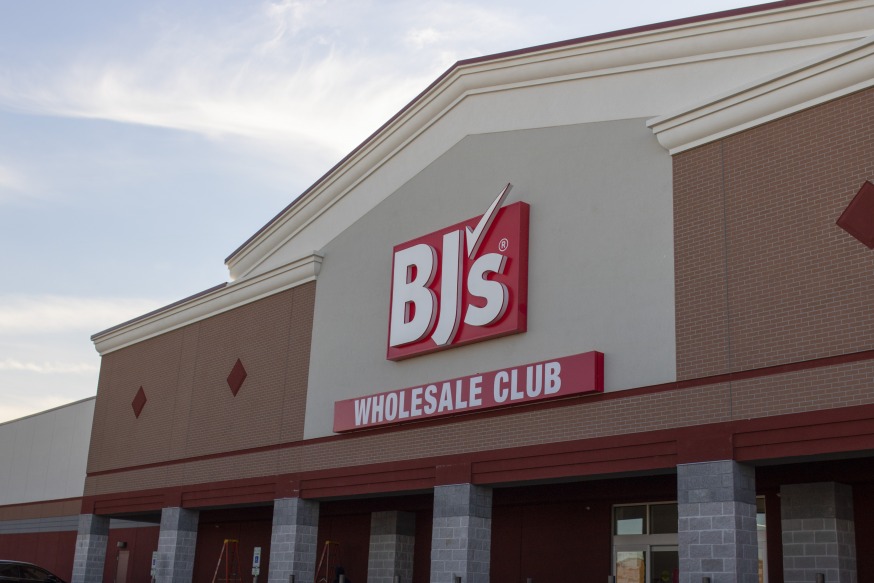
(Getty Images)
Jan. 2, 2024 By Czarinna Andres
Eating healthy is often perceived as an expensive endeavor, with organic produce and specialty health foods often sold at a premium price. However, with some savvy meal planning, it’s entirely possible to maintain a nutritious diet without straining your budget. Here, we’ll explore some practical tips and strategies to help you eat healthy while keeping your wallet happy.
- Plan Your Meals and Snacks Ahead
One of the most effective ways to save money on groceries is to plan your meals and snacks in advance. Start by creating a weekly or monthly meal plan that includes breakfast, lunch, dinner, and snacks. Consider incorporating affordable staples like rice, pasta, beans and seasonal vegetables.
- Make a Shopping List and Stick to It
Before heading to the grocery store, make a detailed shopping list based on your meal plan. Stick to your list to avoid impulse purchases that can quickly add up. Be mindful of sales and discounts on healthy items and adjust your list accordingly.

Print out free meal plan calendars and shopping list from livecrafteat.com
-
- Stay Informed About Sales Cycles
Different foods go on sale at different times of the year. Familiarize yourself with the sales cycles for various products and plan your meals accordingly to take advantage of discounts and seasonal offerings.
- Buy in Bulk
Purchasing non-perishable items in bulk can lead to significant savings over time. Look for bulk bins at your local grocery store for items like grains, nuts, and dried fruits. Just ensure you have adequate storage to keep these items fresh.

BJ’s Wholesale Club in Long Island City (Photo: BJ’s)
- Embrace Frozen and Canned Foods
Frozen fruits and vegetables are often just as nutritious as fresh ones and have a longer shelf life. Canned goods like beans and tomatoes can be affordable and convenient additions to your meals. Be sure to choose low-sodium or no-sugar-added options when available.
- Cook in Batches and Freeze
Cooking in batches can save time and money. Prepare larger portions of your favorite meals and freeze individual servings for later use. This approach reduces the temptation to dine out or order takeout when you’re short on time.
- Use Coupons and Discounts
Keep an eye out for coupons and discounts on healthy food items. Many grocery stores offer loyalty programs or digital coupons that can lead to significant savings on your grocery bill.

Use coupon apps such as Ibotta and RetailMeNot (Getty Images)
-
- Minimize Food Waste
- Food waste can be a significant drain on your budget. Make an effort to use all parts of the ingredients you buy, such as using vegetable scraps for homemade stock. Additionally, practice the “first in, first out” rule in your pantry and refrigerator to avoid items expiring before you use them.
- Limit Eating Out
- While dining out can be a pleasant experience, it can also be costly. Reserve restaurant visits for special occasions and focus on home-cooked meals for your daily sustenance. Cooking at home allows you to control portion sizes and ingredients.
- Grow Your Own Produce
If you have the space and inclination, consider starting a small garden to grow some of your own fruits and vegetables. It’s a cost-effective way to enjoy fresh, organic produce.

Basil, cilantro, parsley, mint, and rosemary are among the easiest edible plants to grow indoors. (Getty Images)
Eating healthily on a budget is entirely achievable with some thoughtful planning and mindful shopping. By incorporating these strategies into your meal planning routine, you can enjoy nutritious, home-cooked meals without breaking the bank. Your body and your wallet will thank you for it.
- **This story first published in the January issue of BORO Magazine.






